Last month, I wrote about Pin Money, or allowances, in Jane Austen’s life and novels. This time, I’m looking more closely at the importance of money in a genteel woman’s life and how it plays out in Austen’s novels.
Money is one obvious way parents could put limits on their children and keep them under control. This happened to both sexes for various reasons in Jane Austen’s time, but it carried even more weight for a woman because there were also financial consequences that came with marriage once she left her father’s home, even if she came from a wealthy family.
At that time in England, husbands had complete control over the finances of their wives. Without an adequate personal budget to spend as she liked, a wife had to go to her husband to ask for money to buy anything and everything she might need. Without a set allowance, wives could find themselves in a very difficult or unhappy position. This is one of many reasons why the marriage settlement (or prenuptial agreement) was so crucial because it was one way fathers could make sure their daughters (and grandchildren) were taken care of financially.
Marriage Settlements
A young woman from a wealthy family would obviously qualify for better marriage terms than a young woman with very little. Her father could leverage what his daughter brought to the marriage for a highly favorable marriage settlement, allowing for her to have the pin money she needed, portions for her children, and a widow’s pension in the event that her husband died. Young women who did not bring as much to the marriage would have a smaller personal budget or, in some cases, no personal budget whatsoever.
In Daniel Pool’s What Jane Austen Ate and What Charles Dickens Knew, he writes, “Typically the bride’s family would have their lawyers negotiate with the husband’s lawyers, to get the husband to agree to grant her ‘pin money,’ which was a small personal annual allowance while he lived, a hefty chunk of property or money to support her after he died, and ‘portions’ of money for their children. All this would be written up in the ‘marriage settlement’ by the lawyers before anybody walked down any aisles.”
In JASNA’s Persuasions, you can read all about The Marriage Law of Jane Austen’s World. (For more on marriage settlements and marriage law in the Regency Era, please see the resources at the end of this article.)

Money Matters in Jane Austen’s Novels
In each of Austen’s novels, we find intriguing scenes that relate to women and personal money. Each of these examples shows us just how important it was for a woman to have her own money and the problems (and dangers) that could arise if she did not have any money or ran out of money, especially if she was away from home:
Fanny Price’s £10
In Fanny’s case in Mansfield Park, Sir Thomas supplies her with money before she leaves for her journey to visit her family in Portsmouth:
It had very early occurred to her that a small sum of money might, perhaps, restore peace for ever on the sore subject of the silver knife, canvassed as it now was continually, and the riches which she was in possession of herself, her uncle having given her £10 at parting, made her as able as she was willing to be generous.
Mansfield Park, Jane Austen
Harriet Smith’s Purse
In Emma, we see evidence of Harriet Smith’s allowance, which comes in handy when she meets the “trampers” on the road:
More and more frightened, she immediately promised them money, and taking out her purse, gave them a shilling, and begged them not to want more, or to use her ill.
Emma, Jane Austen
Lydia and Kitty Bennet’s Mismanagement
In Pride and Prejudice, Lydia and Kitty spend their pin money money at the shops and must borrow money from Elizabeth and Jane when they surprise them for a meal at the inn in Hertfordshire:
“And we mean to treat you all,” added Lydia, “but you must lend us the money, for we have just spent ours at the shop out there.” Then, showing her purchases—“Look here, I have bought this bonnet. I do not think it is very pretty; but I thought I might as well buy it as not. I shall pull it to pieces as soon as I get home, and see if I can make it up any better.”
Lydia Bennet, Pride and Prejudice
Nancy Steele’s Fright
In Sense and Sensibility, we find this intriguing passage about the Steele sisters and personal money when Nancy Steele must go to Mrs. Jennings for money after Lucy borrows all of Nancy’s money and marries Robert Ferrars:
Not a soul suspected anything of the matter, not even Nancy, who, poor soul! came crying to me the day after, in a great fright for fear of Mrs. Ferrars, as well as not knowing how to get to Plymouth; for Lucy it seems borrowed all her money before she went off to be married, on purpose we suppose to make a show with, and poor Nancy had not seven shillings in the world…
Mrs. Jennings, Sense and Sensibility
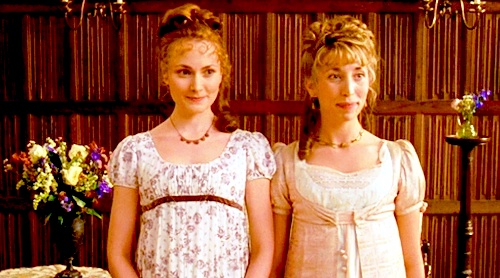
Catherine Morland’s Borrowed Fare
In Northanger Abbey, money becomes quite important in a crucial moment. First, money is mentioned when Catherine Morland goes to Bath. Her parents send her with money for her personal expenses and ask her to keep account of her spending:
I beg, Catherine, you will always wrap yourself up very warm about the throat, when you come from the rooms at night; and I wish you would try to keep some account of the money you spend; I will give you this little book on purpose.”
Mrs. Morland, Northanger Abbey
Money is mentioned again when Catherine is suddenly and unexpectedly sent home from Northanger Abbey. While she is in Bath, she is under the care of her hosts, the Allens, who would, of course, pay for many of her expenses while she is under their roof and their protection. However, once she goes to Northanger, she is essentially under the care and protection of General Tilney. When he sends her home abruptly, he does not provide the funds necessary for her journey home, leaving her in a very precarious and even dangerous situation. This was a terrible oversight on his part. Thankfully, Eleanor is able to provide the funds, which we may assume is from her own personal allowance:
It had occurred to her that after so long an absence from home, Catherine might not be provided with money enough for the expenses of her journey, and, upon suggesting it to her with most affectionate offers of accommodation, it proved to be exactly the case.
Catherine had never thought on the subject till that moment, but, upon examining her purse, was convinced that but for this kindness of her friend, she might have been turned from the house without even the means of getting home; and the distress in which she must have been thereby involved filling the minds of both, scarcely another word was said by either during the time of their remaining together.
Northanger Abbey, Jane Austen
Catherine makes it home safely and repays the money to Eleanor by mail with only a short note: “The money therefore which Eleanor had advanced was enclosed with little more than grateful thanks, and the thousand good wishes of a most affectionate heart.”
The Morlands, a very practical bunch, decide after a bit that it all ended well in the end, but even they cannot understand such a “breach of conduct” on General Tilney’s part:
They were far from being an irritable race; far from any quickness in catching, or bitterness in resenting, affronts: but here, when the whole was unfolded, was an insult not to be overlooked, nor, for the first half hour, to be easily pardoned.
Mr. and Mrs. Morland could not but feel … that, in forcing her on such a measure, General Tilney had acted neither honourably nor feelingly—neither as a gentleman nor as a parent. Why he had done it, what could have provoked him to such a breach of hospitality . . . was a matter which they were at least as far from divining as Catherine herself…
Northanger Abbey, Jane Austen
Mrs. Smith’s Recovered Property
In Persuasion, we turn our attention to the widowed Mrs. Smith, whose husband had badly mismanaged their finances: “She was a widow and poor. Her husband had been extravagant; and at his death, about two years before, had left his affairs dreadfully involved.” In this situation, it is not just Mrs. Smith’s personal finances that are at stake, but her finances at large. Here, we see Captain Wentworth use his influence to work on her behalf and help improve her financial circumstances. At the end of the novel, we read this:
[Mrs. Smith] was their earliest visitor in their settled life; and Captain Wentworth, by putting her in the way of recovering her husband’s property in the West Indies, by writing for her, acting for her, and seeing her through all the petty difficulties of the case with the activity and exertion of a fearless man and a determined friend, fully requited the services which she had rendered, or ever meant to render, to his wife.
Persuasion, Jane Austen
When we look at the parents, guardians, husbands, and friends in the examples above, it’s clear that Austen uses money matters (just as she uses so many other clever devices) to point to character and propriety. We could go through each novel and study each of the male and female characters and surmise quite a bit about their personalities just from the way they each manage money.
It’s clear that the characters in Austen’s books who provide well for their wives, children, and friends–and those who are generous and charitable with their money–are the characters we should admire and respect. Conversely, those who handle their money poorly–and those who manipulate and use and abuse others for financial gain or for personal control–are the characters we should distrust and, in some cases, even despise. In Austen’s novels, money matters.
RACHEL DODGE teaches college English classes, gives talks at libraries, teas, and book clubs, and writes for Jane Austen’s World blog and Jane Austen’s Regency World magazine. She is the bestselling author of The Anne of Green Gables Devotional: A Chapter-By-Chapter Companion for Kindred Spirits and Praying with Jane: 31 Days Through the Prayers of Jane Austen. Her newest book The Little Women Devotional is now available for pre-order and releases December 2021. You can visit Rachel online at www.RachelDodge.com.
Links About Marriage and Marriage Settlements:
- Courtship and Marriage in Jane Austen’s world, book by Maria Grace
- Courtship, Love, and Marriage in Austen’s Novels, John Mullan
- Eloping During Jane Austen’s Time
- Eloping in Regency England
- Lord Hardwick’s Marriage Act, 1753
- Marriage Act, 1753
- Marriage Customs in Georgian and Regency England
- Marriage Mart
- Marriage Register, An Example
- Marriage Settlements in England and Wales
- Regency Wedding
- The History of the Laws of England as to the Effects of Marriage on Property, Courtney Stanhope Kenney, 1879, full book
- The Pursuit of the Heiress, A. P. W. Malcomson, Ulster Historical Foundation,2006
- Women, Courtship, Marriage and Romance: Victorian London
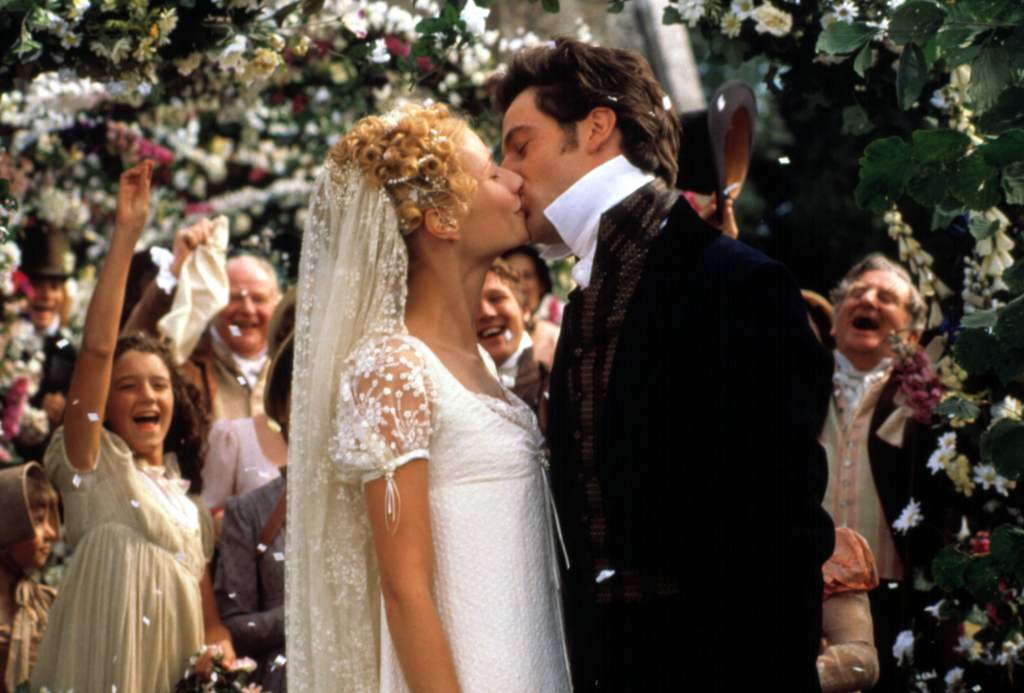

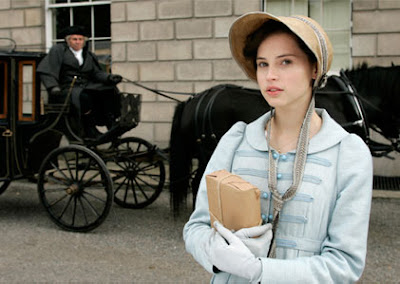
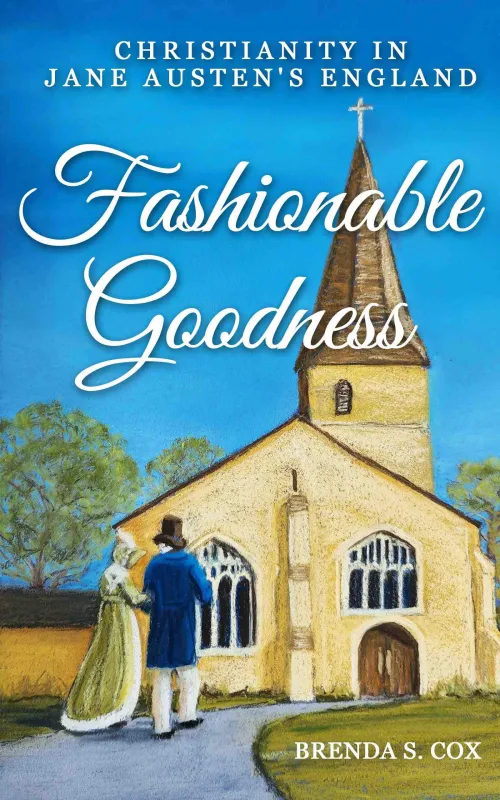




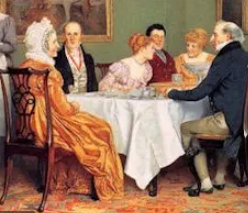


Thank you for an interesting article! I’m wondering if the wealthier ladies were given accounts at shops to buy things. I have no idea what a full ensemble (gown, shoes, stockings, underwear, hat, shawl, etc.) would cost, but considering all the types of gowns needed throughout the year, I imagine it could quite pricey. If the shop sent the bill, would the lady or someone else pay the bill?
Thanks for all your wonderful articles!
Great comment! Someone can correct me if I’m wrong, but my understanding is that, yes, most people had “accounts” with different suppliers and merchants at that time for larger purchases. I believe women only purchased smaller items with what money they carried with them. I’m curious, like you, as to who paid those bills. I assume it varied depending on the arrangements for each family. It’s a fascinating subject!
I beg to disagree a little regarding Harriet Smith’s money. She did not had a small allowance, when she met the gypsies perhaps she had not much in her purse, but in chapter 8 Emma has been able to observe that: “Her allowance is very liberal; nothing has ever been grudged for her improvement or comfort.” That very liberal allowance is one of the reasons why Emma has been led to believe Harriet is a gentleman’s daughter.
Thank you for your helpful comment! The change has been made.
Thank you for the wonderful accounting of money matters.
denise
Thank you, Denise!